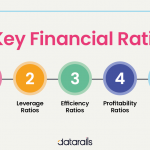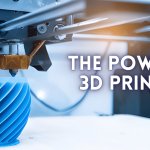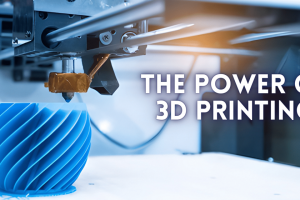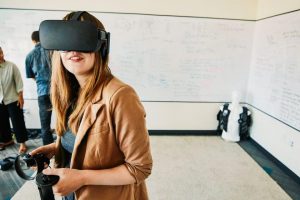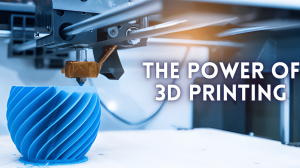
Introduction
Quantum computing is an emerging field that holds tremendous promise for solving complex problems beyond the capabilities of classical computers. This article explores the fundamental principles of quantum computing, its current applications, and the potential it holds for the future. With real-world examples and cutting-edge technologies, we delve into the opportunities and challenges presented by quantum computing.
The Basics of Quantum Computing
Understanding Quantum Mechanics
Quantum computing is based on the principles of quantum mechanics, a branch of physics that describes the behavior of particles at the atomic and subatomic level. Unlike classical computers, which use bits to represent information as either 0 or 1, quantum computers use quantum bits, or qubits. Qubits can exist in multiple states simultaneously due to a phenomenon known as superposition.
Leveraging Quantum Entanglement
Another crucial concept in quantum computing is entanglement. Entanglement allows the correlation of qubits, so that the state of one qubit directly affects the state of another, regardless of the physical distance between them. This property enables quantum computers to perform parallel computations and process vast amounts of data simultaneously.
Current Applications of Quantum Computing
Cryptography and Data Security
One of the most significant applications of quantum computing lies in cryptography and data security. Quantum computers have the potential to break traditional encryption algorithms, which rely on the difficulty of factoring large numbers. Quantum algorithms, such as Shor’s algorithm, can efficiently factor large numbers, rendering current cryptographic methods vulnerable. However, quantum-resistant encryption algorithms, such as lattice-based or code-based cryptography, are being developed to withstand quantum attacks.
Optimization and Simulation
Quantum computing shows promise in solving optimization problems, such as route optimization, supply chain management, and portfolio optimization. Quantum algorithms, like the Quantum Approximate Optimization Algorithm (QAOA), leverage the inherent parallelism of qubits to explore multiple solutions simultaneously and find optimal or near-optimal solutions more efficiently than classical algorithms.
Additionally, quantum computers have the potential to simulate complex physical systems more accurately and efficiently than classical computers. Quantum simulations can enable breakthroughs in materials science, drug discovery, and understanding the behavior of quantum systems themselves. For example, Google’s quantum computer has been used to simulate the energy states of small molecules, offering insights into chemical reactions and potential applications in drug development.
The Future Potential of Quantum Computing
Machine Learning and Artificial Intelligence
Quantum computing has the potential to revolutionize machine learning and artificial intelligence (AI). Quantum machine learning algorithms, such as the Quantum Support Vector Machine (QSVM), can leverage the power of qubits to process and analyze massive datasets more efficiently. Quantum computers can enhance AI applications in various fields, including pattern recognition, data analysis, and optimization problems.
Scientific Research and Discoveries
Quantum computing can significantly impact scientific research and discoveries. From simulating complex quantum systems to solving intricate mathematical equations, quantum computers can unlock new frontiers of scientific understanding. As Nobel laureate Richard Feynman stated, “Nature isn’t classical, dammit, and if you want to make a simulation of nature, you’d better make it quantum mechanical.” Quantum computing has the potential to provide unprecedented computational power for scientific simulations and calculations.
Challenges and Considerations
Hardware Limitations and Error Correction
Building reliable and scalable quantum computers is a significant challenge. Quantum systems are highly sensitive to environmental noise and disturbances, leading to errors in computations. Developing error correction techniques, such as quantum error correction codes, is crucial for overcoming hardware limitations and improving the stability and accuracy of quantum computers.
Education and Talent Development
The field of quantum computing requires a highly skilled workforce. Educating and training scientists, engineers, and researchers in the principles and techniques of quantum computing is essential for advancing the field. Collaboration between academia, industry, and government organizations is crucial for fostering quantum expertise and driving innovation.
Conclusion
Quantum computing holds tremendous potential to revolutionize various industries and solve complex problems that are currently beyond the capabilities of classical computers. As the field continues to advance, quantum computers are likely to transform cryptography, optimization, machine learning, and scientific research. However, overcoming hardware limitations, developing robust error correction methods, and fostering quantum expertise are critical challenges that need to be addressed. As physicist and Nobel laureate Richard P. Feynman famously said, “Nature uses only the longest threads to weave her patterns, so that each small piece of her fabric reveals the organization of the entire tapestry.” Quantum computing has the potential to unravel the mysteries of the universe, and its impact on technology and society cannot be overstated.
